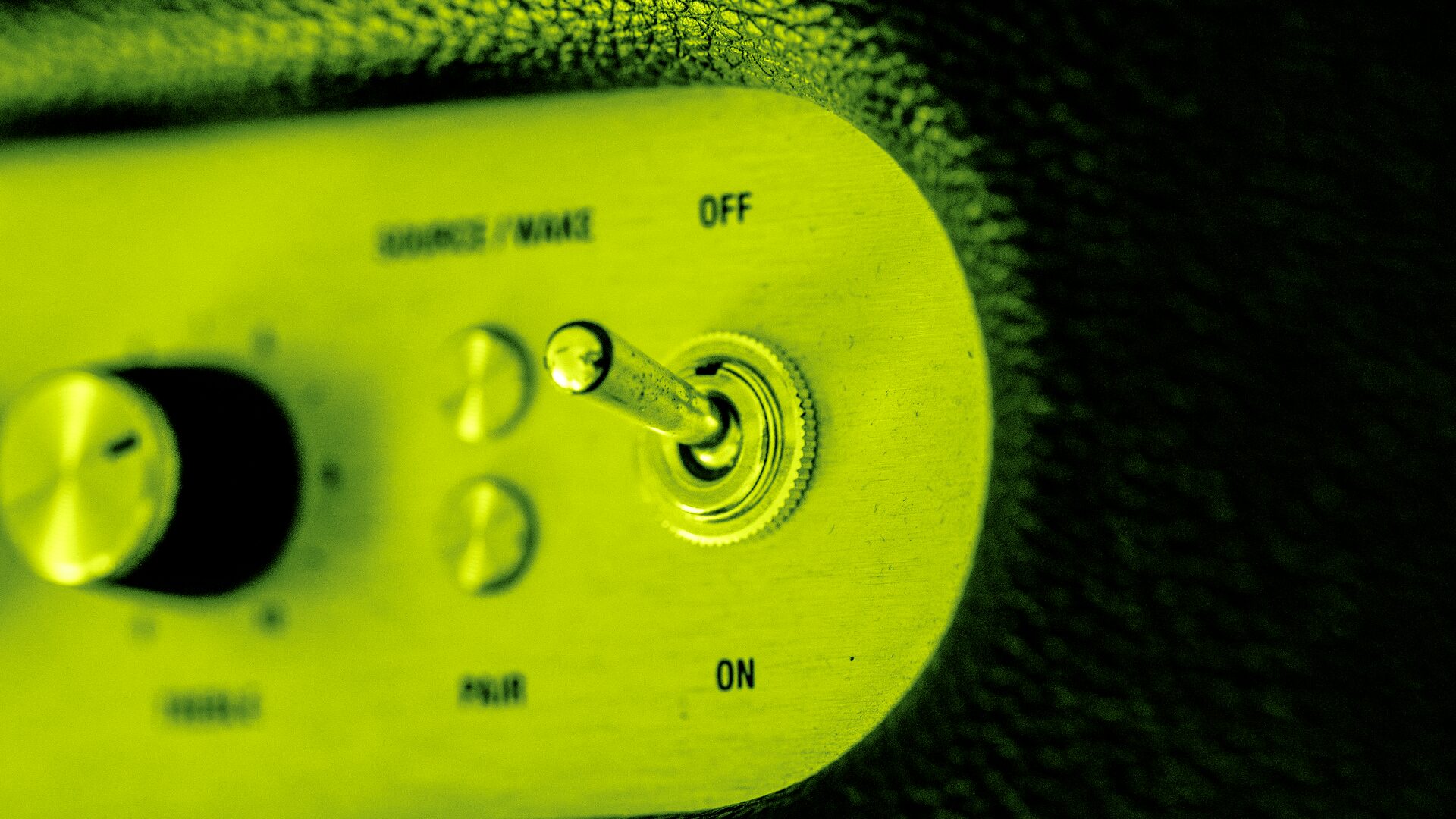When was the last time you used cash? It seems like an age ago that we would regularly go to the ATM to withdraw cash so that we could have some spending money on a night out. Now you don’t even need your bank cards to pay for something. You just need your phone or smartwatch and people don’t go anywhere without being connected in some way. It may seem like it wouldn’t be that hard to become a cashless society when we all use contactless for the majority of our payments. So, you may be surprised to hear that there is over 70 billion pounds worth of notes in circulation, that is roughly twice as much as a decade ago or the equivalent of around £1,000 per person. It was only in 2017 that debit cards overtook cash as the most used method of payment in the UK. How easy is it going to be then to become cashless and when will it happen?
Initially, it was thought that we would be cashless by 2035 but with the rapid advancement in technologies such as mobile and digital payments, the prediction has changed to within the next 10 years. But 70 billion pounds in cash can’t just be taken straight out of circulation, it needs to be phased out and that is a huge task. One such event that has accelerated this process is the national lockdown. Cash usage in Britain halved in the first few days of lockdown, according to Link. But this was an extreme reaction to one event that has helped push us towards being cashless but will not be the main reason. There have been many companies pushing for a cashless society for a while. Companies such as Visa and Amex say that becoming cashless will help reduce financial fraud and tax evasion. Then there is Square and iZettle who have seen huge business growth by introducing methods for small businesses to take contactless payments with ease. These companies are the ones that are changing the infrastructure to make it possible to phase out cash.
Despite making great strides towards becoming cashless there are always going to be challenges that need ironing out. Charities are likely to struggle initially, people tend to use cash to make donations and gifts. Tradespeople are often paid in cash as well, but new technologies should allow these small businesses to take mobile and card payments. With an ageing population, there are likely to be age groups that are to be marginalised by going cashless. A study revealed that Brits liked having cash available ‘for peace of mind’. This is evidence that there is still some work to do on our mentality towards cash.
If we were to take inspiration from another country then we should look to Sweden as they aim to become the first cashless society by 2023. It seems apt for Sweden to be the first as they were the first European country to adopt the banknote in 1661. One of the reasons Sweden is set to pioneer is that it has a mobile payments app called Swish that was created by six of the largest banks in Sweden that is becoming the standard method of payment. Another reason is banks are issuing debit cards to everyone over the age of seven – with parental permission, of course. By doing so it ensures that cashless becomes the norm for future generations.
The use of cash will continue to fall over time and whether we like it or not a cashless society is the future, but there are still some big changes needed so that everyone is able to participate and thrive in a digital economy.







